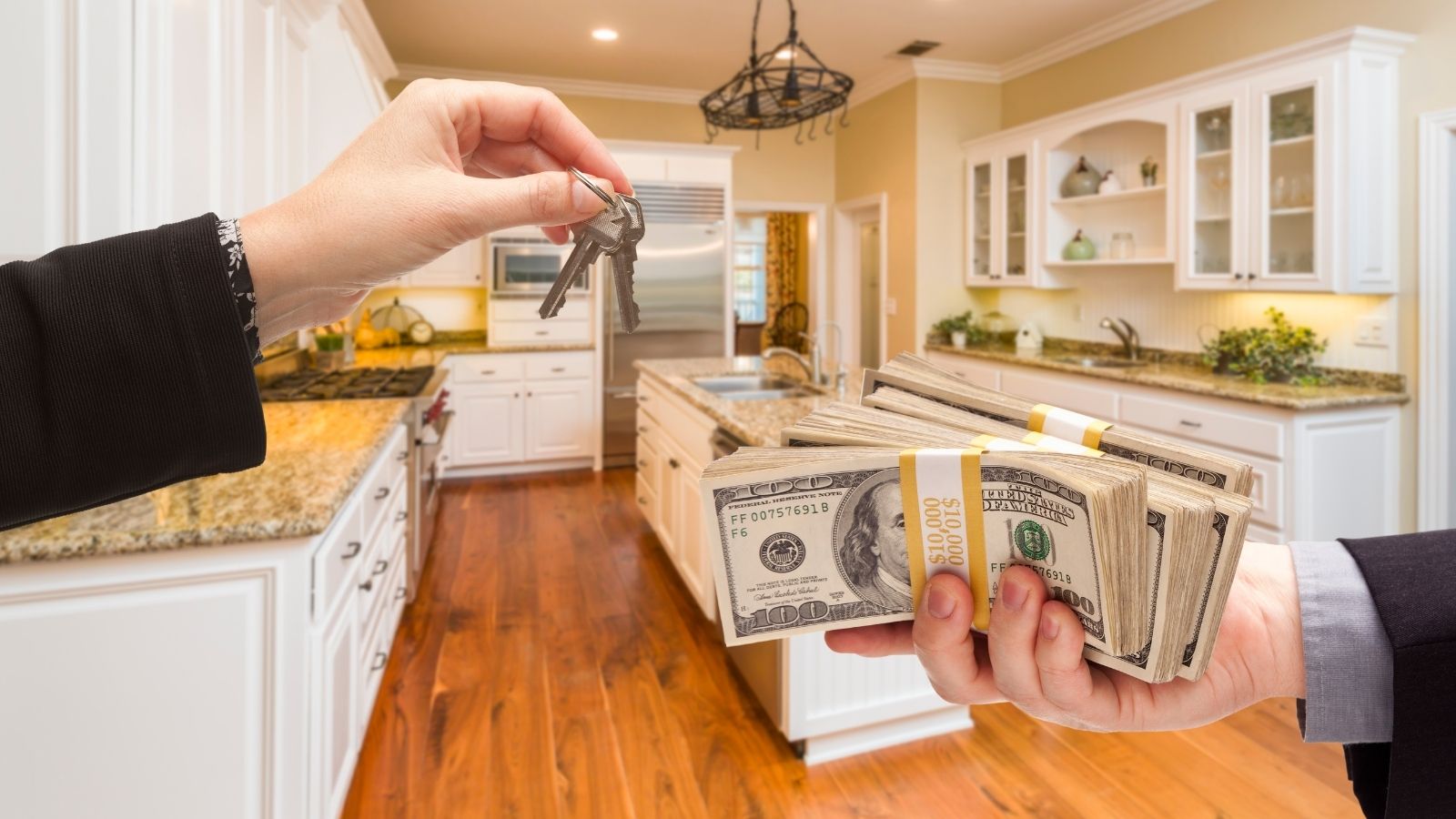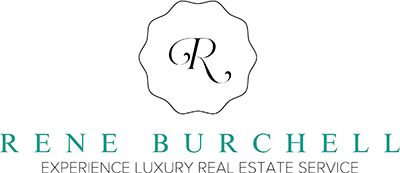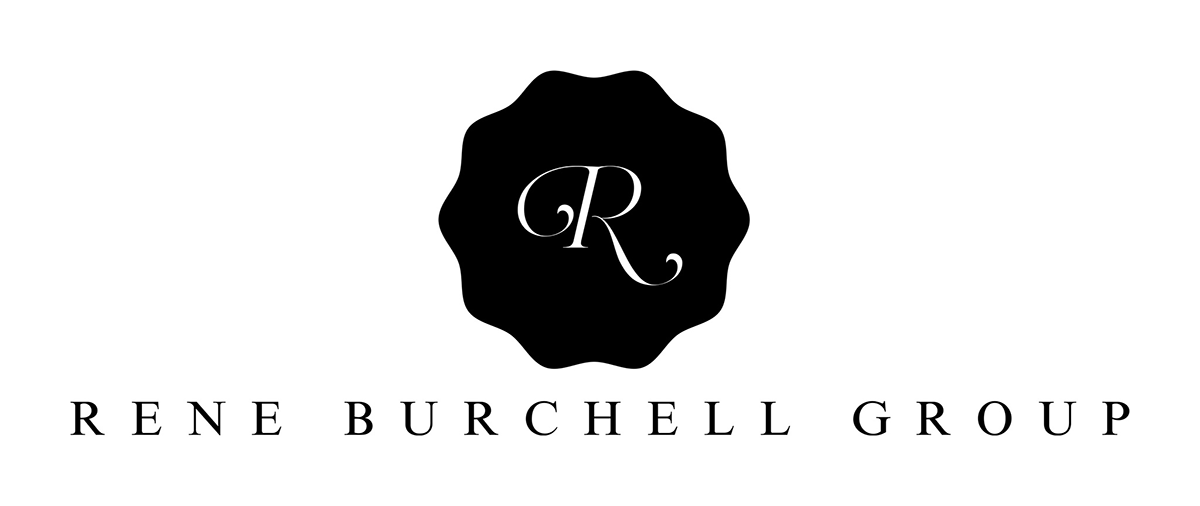Home sellers have a lot of work to do. They need to list and market their property. Sellers may be getting their houses ready for open house showings while they’re starting to research homes and neighborhoods that they would consider living in.
Even though most sales result in a profit, there are some costs that sellers must pay. The exact amount and type of charges will fluctuate, based on the kind of sale, where you live, and how much the home sold for. Other factors include any work that was put into repairs or upgrades to the house or any out-of-pocket costs incurred if you are selling your home without a realtor.
Selling a home in Texas can take time. There are several steps in the process, and the transaction may not be finalized for several weeks or months. Different people will become involved at certain stages, and there may be unexpected delays or issues from time to time. You should still be able to sell your home in most instances. Determination, perseverance, and a good game plan can help you achieve your goal.
Here are a few things that many sellers pay when selling their home:
1. Association dues
If your home is part of a townhome, condominium, or other types of homeowners’ association, there may be a pro-rated portion of the regular homeowners’ association dues that will be due. The exact amount will depend on when the dues are paid and when the house is sold. Most association fees are charged on a monthly, quarterly, biannual, or annual basis. This fee may be paid as part of your closing costs as the home seller.

2. Capital gains tax.
You may be responsible for paying capital gains tax after the sale. This income would be reported on your federal tax return. The amount will depend on your net proceeds from the transaction.
Profit is calculated by taking the price that was sold for and subtracting your cost basis. The cost basis will be the amount that your paid to purchase the home plus the costs of any sale costs and any money that you paid for improvements that were made to the house.
Home sellers may be able to qualify for a capital gains exclusion. Sellers can claim an exemption of up to $250,000 if filing their taxes as an individual or up to $500,000 when filing a joint tax return. To qualify for this exclusion, the sellers must have owned the home that was sold for at least five years and had the house as their main residence for at least two of those years.
3. Closing costs.
Sellers are usually required to pay certain closing costs for a home sale. The exact amount and type can vary from one sale to another. The particular sale and any concessions made to the buyer can affect sellers’ closing costs.
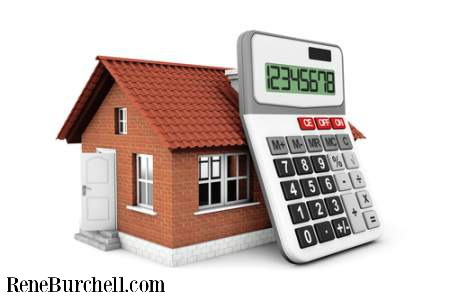
Most seller closing costs are prorated portions of their property taxes and homeowners association dues, as well as title insurance and any applicable transfer taxes. Attorney fees may be due if you hired a real estate attorney to assist with the sale. Escrow fees and other related charges may also be assessed. Altogether, these charges can be anywhere from around two to five percent of the home’s sale price.
4. Home inspection.
You may opt to have your house inspected before putting it on the market. This can also be done after an offer has been accepted on the home. A licensed inspector will review the condition of the property and then issue a report with their findings.
A home inspection can be acquired for usually around $500 or less. You will have to pay for the inspection if it’s completed before a purchase agreement has been signed. Otherwise, the party that will pay for the inspection will be determined by the language in that sale contract.
5. Home staging.
You could also choose to have your home professionally staged. Photos and videos can be taken and text can be written to describe your home. Furniture may be strategically arranged and you may be removing clutter.
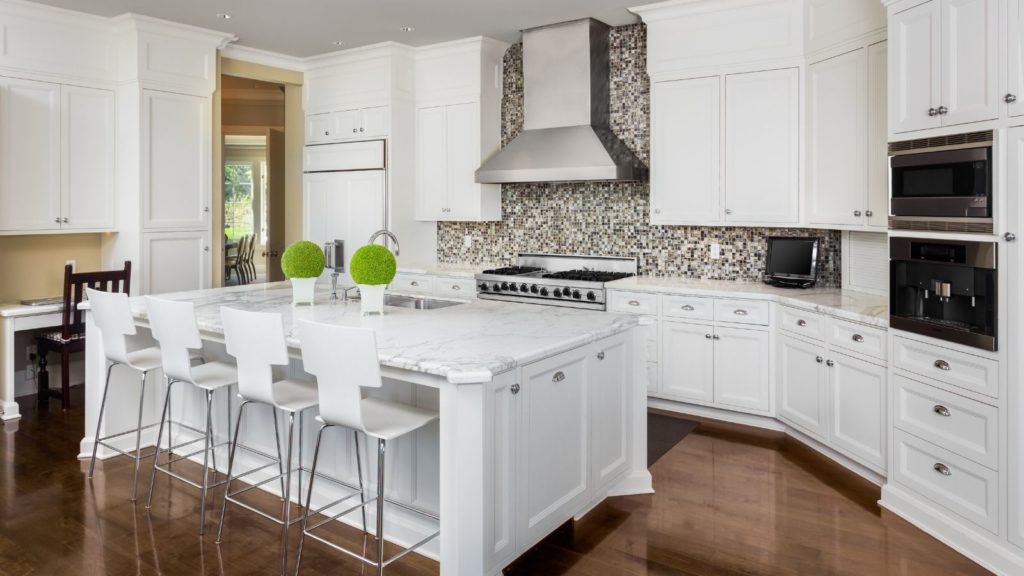
Professional stagers’ fees vary. The amount of work that’s done, the house size, how long the house is for sale and other attributes can impact the overall costs. You may be able to save some money and stage the house all by yourself. You may need to power wash the exterior, paint walls and rearrange a few things, but the hard work can be very well worth the effort.
6. Mortgage loan payoff.
Your mortgage loan should be paid in full before you can receive proceeds from the sale. You can contact your lender to obtain a payoff amount. Read your mortgage contract carefully to learn if there are any prepayment penalties or other associated fees.
7. Property taxes.
A pro-rated part of your property taxes may be due before the sale has been completed. This expense is usually included as part of a home seller’s closing costs. Most property taxes are typically billed paid a year. The exact amount due will depend on the time of year that they are due and when the house is sold. You may be able to receive an updated amount from your county assessor’s office or other local respective government departments.
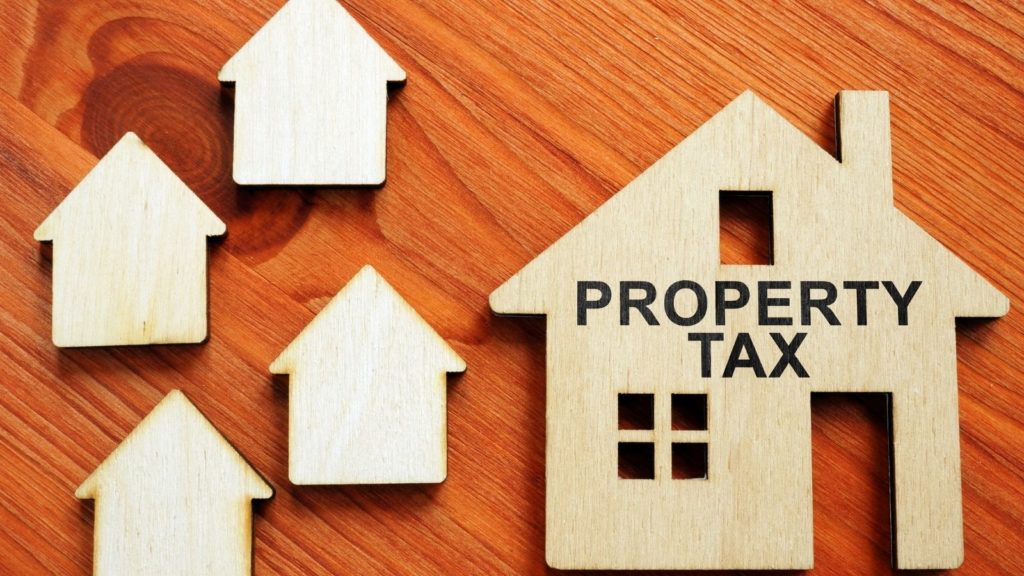
8. Realtor commissions.
Real estate agent commissions are usually the largest expense that most home sellers pay. They are usually around three to six percent of the home’s sale price. Commission amounts are typically divided between the buyer’s agent and the seller’s agent.
You can work with your realtor to try and reduce the commission amount or percent if you wish. You can also list your home as for sale by owner if you want. Keep in mind that this option will require more work on your part, You may also have to hire a title agent, real estate attorney and other professionals along the way. Those costs will vary according to what needs to be done, but they can eat into your overall profits.
9. Utility bills.
You’ll probably be paying for the last month of water, sewer, gas and electrical services before moving out. Inform your utility providers about the home sale so that they can prepare your final bills. The amounts will depend on use, and are always subject to change.
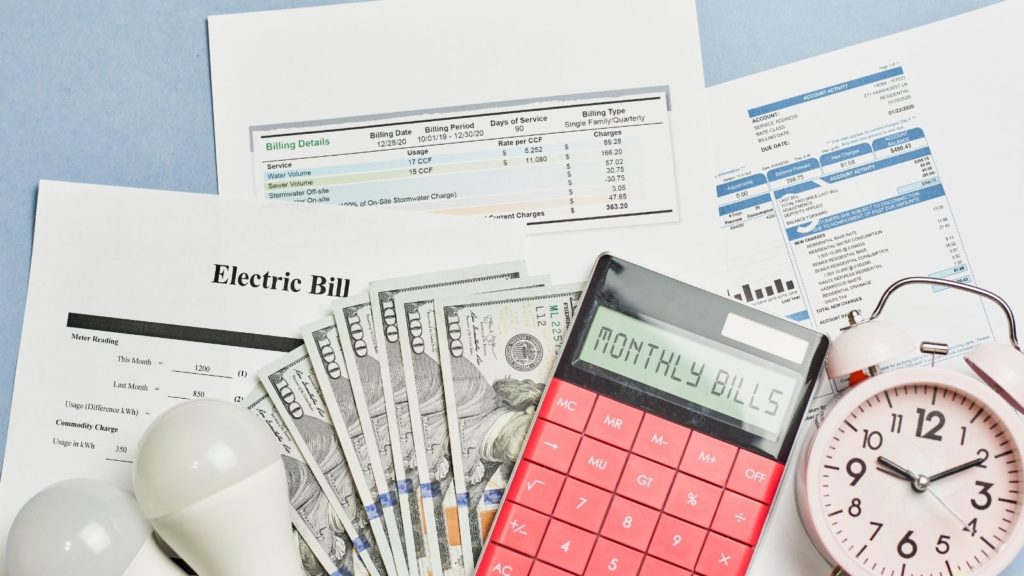
10. Any other additional charges.
You may have other expenses associated with the home sale. Common costs include advertising and marketing charges for selling your property yourself and any upgrades, repairs or renovations that were made to the home. The total amount will vary according to what was done.
Sellers may also have to deal with moving and storage costs after their house has been sold. Those expenses will be based on what you do after the closing has been completed.
You could put that money towards the sale of a new home or other big-ticket items, or you could set aside those funds for another purchase later on. Whatever you decide, you can close that chapter and look forward to starting the next phase of your busy life.
Have Questions? Ask Rene!
